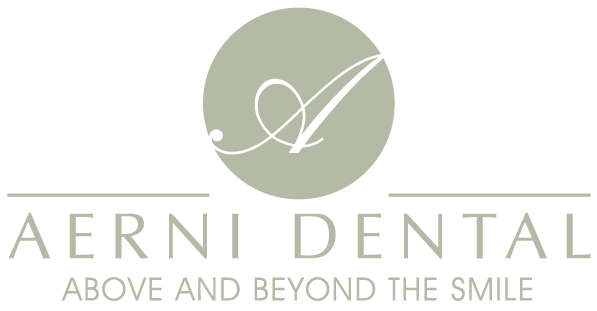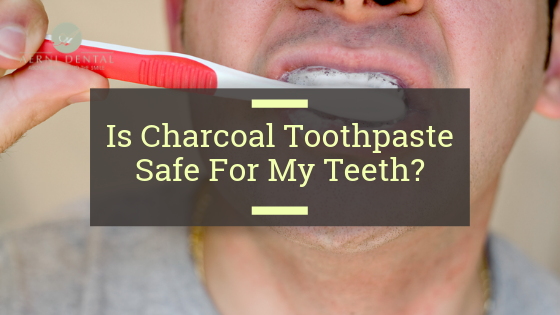Charcoal is a multifaceted product that has recently gained popularity in the health industry. It’s now in many health products such as face masks, lotions, cosmetics, soaps, and even toothpaste.
“Activated” charcoal is composed of materials such as petroleum coke, olive pits, coconut shells, peat, sawdust, or bone char. It’s formed at very high temperatures, which alters the charcoal’s structure to enlarge the surface area and lessen the size of the pores (the charcoal then turns into a magnet to absorb all types of impurities).
Only recently gaining popularity, for centuries charcoal has been used in products due to its many health benefits. For example, this substance was used as an antidote for drug poisoning back in the 1800s.
Charcoal has many health benefits such as promoting healthy kidney function, lowering high levels of cholesterol, and can be used as an effective topical treatment for acne.
Even though activated charcoal is considered safe in the previously mentioned instances, patients should know that the success of these treatments has been known to vary from person to person.
Looking online, you might have seen an ad pop up of a model with a very white smile promoting a brand of charcoal toothpaste. The image of them putting black charcoal in their mouth seems to be the opposite of cleaning one’s teeth. But once the toothpaste is washed away, their smile is pearly white. The question now is: does charcoal clean or is it a waste of time and money?
The fact is, charcoal toothpaste has not been proven to be a safe and reliable way to whiten your teeth at home. It has been shown to cause more harm to your teeth than other at-home whitening products. Additionally, it hasn’t been granted the Seal of Acceptance from the American Dental Association. There’s “insufficient clinical and laboratory data to substantiate the safety and efficacy claims of charcoal and charcoal-based dentifrices,” according to the Journal of the American Dental Association.
So, what’s so bad about using charcoal toothpaste? Due to its rough nature, charcoal wears down the tooth enamel which can cause tooth sensitivity to intensify. Tooth enamel won’t become strong again once it’s been weakened, so it’s crucial to keep your enamel as strong as possible. Charcoal-based toothpaste can also lead to an increased risk of tooth decay.
For patients opting for in at-home teeth whitening products, several safe options have been proven to work. Certain peroxide-based whitening products such as Whitestrips, fluoride toothpaste, and in-office whitening sessions work as well.
For more information about the best teeth whitening methods for you, schedule an appointment with Dr. Aerni today!


